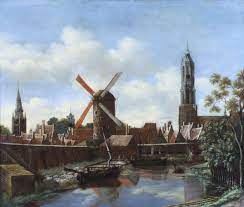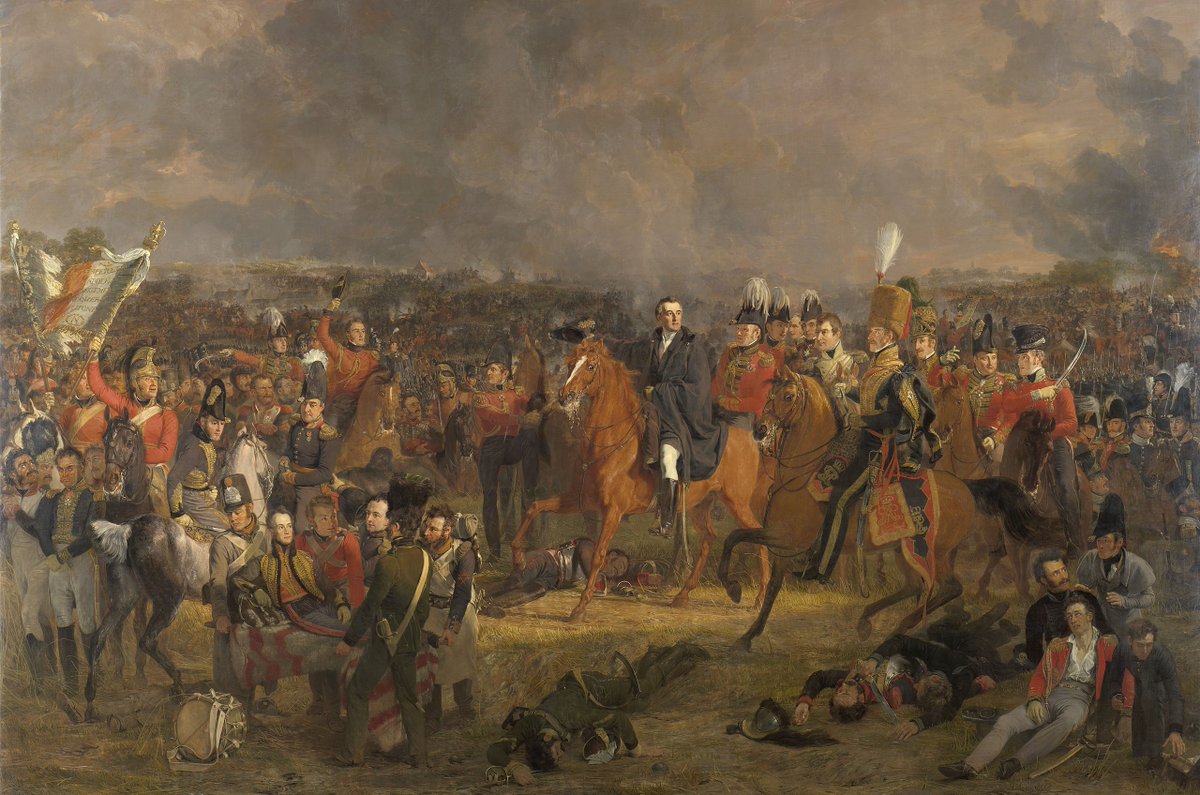
The latest newsletter is out! It's the first installment in what (I think) will be a two-part series on population growth and urbanization in early modern Britain.
Have a read, and do share/subscribe, if you can. Enjoy!
daviskedrosky.substack.com/p/the-first-po…
Have a read, and do share/subscribe, if you can. Enjoy!
daviskedrosky.substack.com/p/the-first-po…
The question considered this week: why did Britain's population start to take off after 1740, long (maybe a century) before real wages actually started to accelerate? 

Two big parts of the answer: good luck (peace and benign harvests) and structural transformation out of agriculture. 

• • •
Missing some Tweet in this thread? You can try to
force a refresh
















